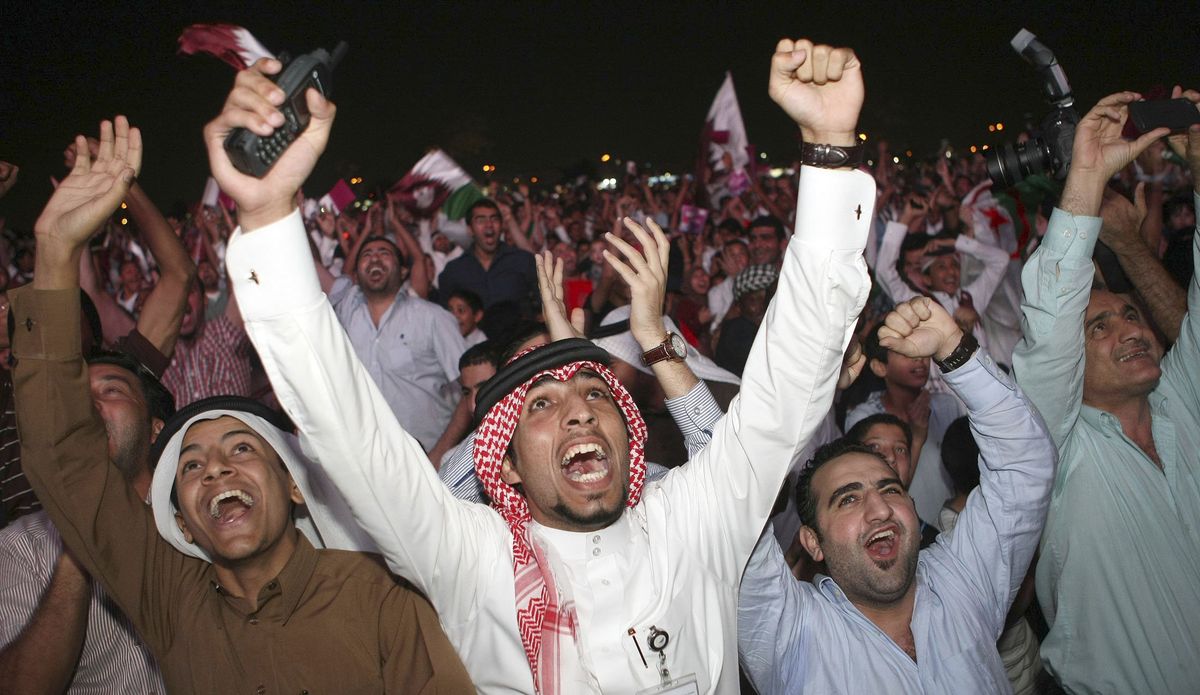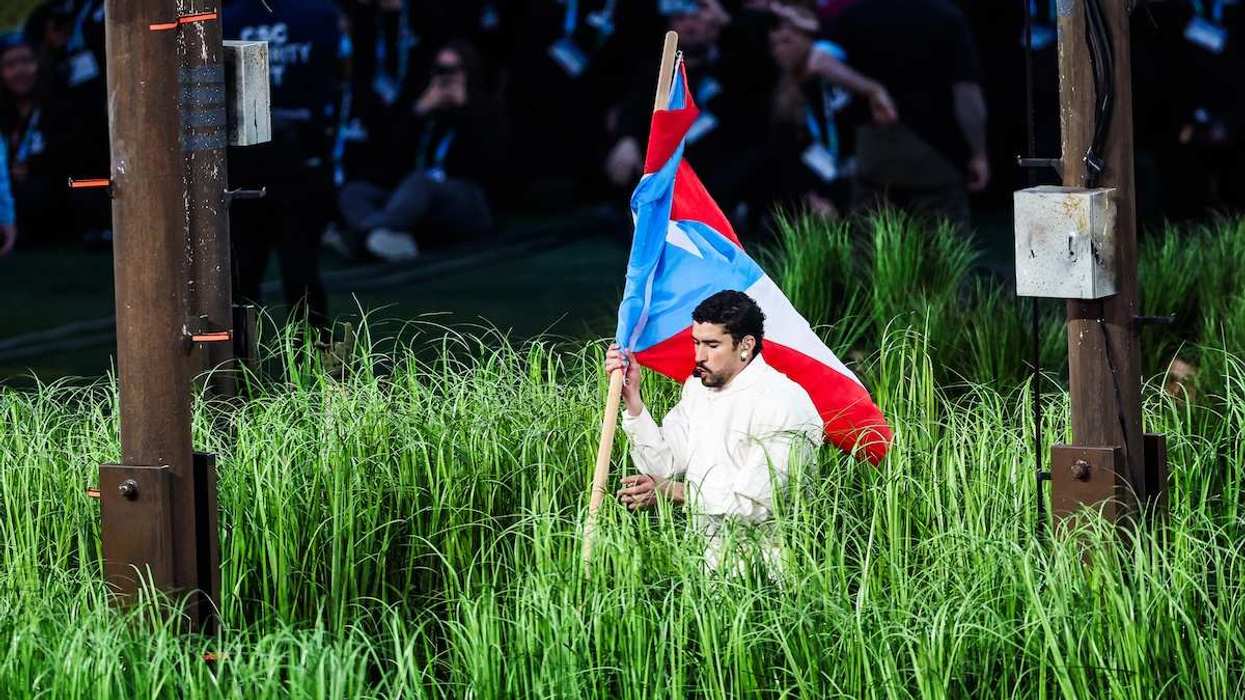Saudi Arabia announced this week that it plans to launch a new sports investment company that will be part of the oil-rich Gulf kingdom’s $650 billion sovereign wealth fund.
The move signals the Saudis are accelerating their efforts to become a global powerhouse in sports — not so much with their athletes as with their wallets. The kingdom recently bought up English Premier League football club Newcastle United, absorbed the Men’s PGA Golf Tour into a Saudi-based rival, and lured Portuguese megastar Cristiano Ronaldo to a local football squad with a nine-figure contract.
Saudi come lately? Riyadh’s regional nemesis, Qatar, has been at this game for more than a decade already. In 2011, Doha bought the Paris St. Germain football club. It then spent $300 billion to host the 2022 FIFA World Cup, snapped up a stake in the Portuguese side Sporting Braga last fall, and just a few weeks ago took a 5% stake in the structure that owns Washington DC’s NBA, WNBA, and NHL teams.
New look for an old rivalry. From 2017 until 2021, you may recall, Saudi Arabia – along with the UAE, Egypt, and a number of other Arab nations – cut ties with Qatar and imposed a strict blockade against the Kingdom because of its friendly ties with Iran and its support for Islamist political groups in the region that Saudi Arabia opposes. Since then ties have been restored, but they remain on opposite sides of many regional issues.
Is this “sportswashing”? Human rights activists and other critics say this is all a soft power play to distract the world from the Gulf monarchies’ appalling human rights records. Taking Gulf money, they say, makes teams complicit.
Money talks. But the Gulf monarchies’ flush sovereign wealth funds — Abu Dhabi is in on the act as well — are a huge new source of cash for teams and leagues to spend on better players, newer facilities, and sharper marketing.
Newcastle, for example, was a storied club in a deteriorating post-industrial city, making it an easy target for Saudi investment. Even the NBA, hardly a league starved for cash, changed its rules last year to allow sovereign wealth funds to take stakes of up to 20% in clubs.
The upshot: It’s long been true that the largest market for sports, China, had an abysmal human rights record. Now leagues around the world must contend with the fact that some of the sports world’s flushest investors have similar baggage as well.
Additional time – a linguistic interlude: Sports, in Arabic, is “riyadha,” coming from the same root as Riyadh, which means “gardens” or “meadows.” So if the Saudis bought the Knicks, “The Gardens” would run The Garden. It could happen!

















